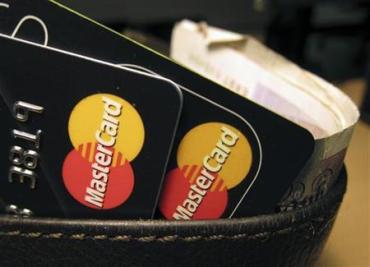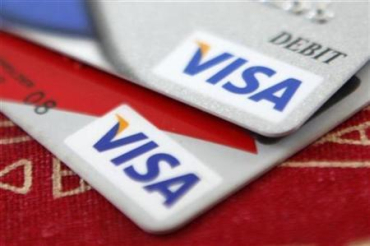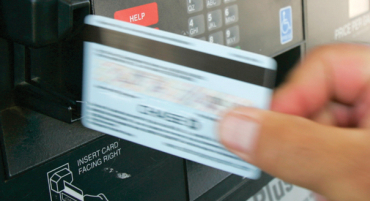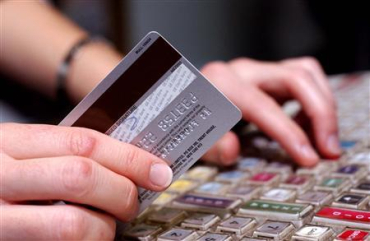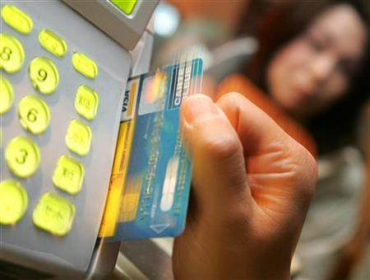 | « Back to article | Print this article |
How credit card frauds take place
Recently, credit card frauds made front page headlines.
In some cases, the credit card of someone in India was used in the US, despite the fact that the card was with the customer in India.
Though fraudulent transactions are reported on lost or stolen cards, the factor contributing the most to fraudulent transactions is duplication -- copying the data on the magnetic strip in a card, when it is used for a valid transaction.
So, does this mean you should stop using your card? No.
Come July, cards with an embedded chip and a compulsory pin (like that used for ATM transactions) will be made mandatory in India.
This would make your credit card transactions more secure.
Click NEXT to read further. . .
Complete coverage: Union Budget 2013-14
Budget Impact Live!
How credit card frauds take place
Till then, here are a few things to keep in mind.
If you do not use your credit card much, reduce its credit limit.
Most banks have this facility.
The original limit can be restored whenever you need it.
If you need a higher credit limit, split the amount by taking multiple cards from the same bank.
If the bank doesn't allow this, take a card from another bank as a back-up and reduce the limit on the card you use frequently.
Memorise and scratch out the three-digit card verification value code on the back of the card.
Note down the bank's call centre number, as well as your card number, and carry this with you.
This way, you can block a card whenever the need arises.
Click NEXT to read further. . .
How credit card frauds take place
When abroad, keep your India number in use, even if you are using a local number.
This will allow access to text messages from your bank.
Ensure you read all messages sent by the bank carefully and promptly block the card if any transaction is not authorised by you.
Avoid using credit cards outside India, as such transactions are expensive (3.5 per cent foreign exchange surcharge is levied on all foreign exchange transactions) and the card is prone to duplication in certain countries.
Instead, use foreign exchange debit cards or traveller's cheques.
Click NEXT to read further. . .
Complete coverage: Union Budget 2013-14
Budget Impact Live!
How credit card frauds take place
Online frauds
Using credit cards online has become more secure after the Reserve Bank of India mandated an independent password, known only to the customer, in addition to credit card details.
If you are providing your credit card details on the phone to any establishment, the requirements are more stringent -- you have to use a PIN generated specifically on a request through your registered mobile number.
To prevent online fraud, never go to your bank or credit card account online by clicking on links from an e-mail.
Save the link to your online account in Mozilla 'bookmarks' or Internet Explorer 'favorites' if you use these browsers for online operations.
Whenever you log on to net banking accounts, use the virtual keypad.
Click NEXT to read further. . .
Complete coverage: Union Budget 2013-14
Budget Impact Live!
How credit card frauds take place
This way, even if your computer is virus-infected with a keystroke logger (it keeps track of your keystrokes), your password would be secure.
While using the card at a merchant outlet, use the message facility available on the verification programme.
You can enter a message while verifying your credit card for the first time in the 'verified by Visa' or 'MasterCard Secure' programme, such as 'if this phrase is displayed, I will know this is a genuine website'.
Use the net card facility offered by a few banks.
Through this, while shopping on websites that charge foreign currency amounts on your credit card, banks provide a temporary one-time virtual credit card.
These steps will ensure credit cardholders remain relaxed, even as the regulator tries to make the overall environment more secure.
The writer is CEO, Apnapaisa.com
